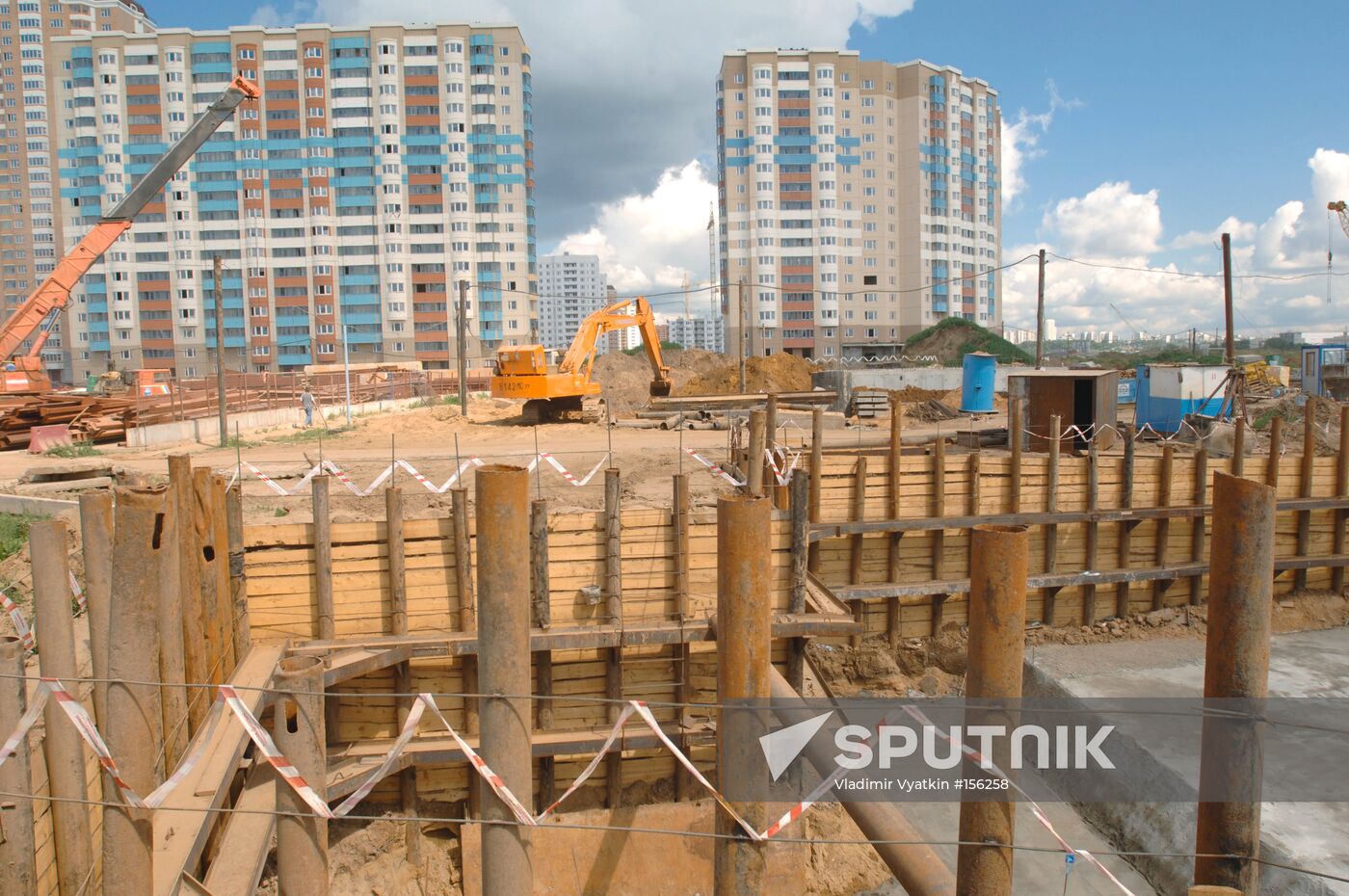Affordable housing in construction management – a new format of the economy in Russia
Introduction
Affordable housing has long been a cornerstone of social and economic development worldwide. Over the past century, various countries have experimented with innovative construction management strategies to address housing shortages and improve living standards. These experiences offer valuable lessons for nations like Russia, which is currently exploring new economic formats to tackle its housing challenges. By examining foreign models of affordable housing, Russia can adapt proven strategies to its unique context, fostering sustainable development and economic growth. This document explores the historical evolution of affordable housing, key international practices, and their potential application in Russia’s construction management framework.

1. Historical Evolution of Affordable Housing
The concept of affordable housing emerged in the early 20th century as urbanization and industrialization created housing shortages in many parts of the world. Countries like the United Kingdom, the United States, and Germany pioneered public housing programs to provide low-cost accommodations for their growing populations. For instance, the UK’s post-World War II council housing initiative and the US’s New Deal programs under President Franklin D. Roosevelt laid the groundwork for modern affordable housing policies. These early efforts emphasized government intervention, subsidies, and partnerships with private developers to ensure housing accessibility for low- and middle-income families.
In the latter half of the 20th century, the focus shifted toward sustainable and inclusive housing solutions. Scandinavian countries, for example, integrated social welfare principles into their housing policies, ensuring that affordable housing was not only accessible but also of high quality. These historical developments highlight the importance of adapting housing strategies to evolving economic and social conditions.
2. Key International Practices in Affordable Housing
Several countries have successfully implemented affordable housing programs that Russia can learn from. These practices include innovative financing models, efficient construction techniques, and robust regulatory frameworks.
2.1. Financing Models
One of the most significant challenges in affordable housing is securing adequate funding. Countries like Singapore have addressed this issue through centralized housing funds and mandatory savings schemes. The Housing and Development Board (HDB) in Singapore, for example, provides low-interest loans to citizens, enabling them to purchase government-built homes. Similarly, Germany’s housing subsidy programs and tax incentives for developers have proven effective in increasing the supply of affordable housing.
2.2. Efficient Construction Techniques
Advancements in construction technology have played a crucial role in reducing costs and improving efficiency. Prefabrication and modular construction, widely used in Japan and Sweden, allow for faster and more cost-effective building processes. These methods not only lower construction expenses but also ensure consistent quality and durability.
2.3. Regulatory Frameworks
Strong regulatory frameworks are essential for the success of affordable housing initiatives. In the United States, the Low-Income Housing Tax Credit (LIHTC) program incentivizes private investment in affordable housing by offering tax credits to developers. Similarly, Brazil’s Minha Casa, Minha Vida program combines federal funding with local government oversight to ensure that housing projects meet the needs of low-income populations.
3. Challenges in Affordable Housing Implementation
Despite the successes of these international models, several challenges persist. These include bureaucratic inefficiencies, lack of funding, and resistance from private stakeholders. In many cases, affordable housing projects face delays due to complex approval processes and inadequate coordination between government agencies. Additionally, the high cost of land and construction materials often limits the scalability of such initiatives.
Another significant challenge is ensuring that affordable housing remains accessible to its intended beneficiaries. In some countries, poorly designed policies have led to the misuse of subsidies or the exclusion of vulnerable populations. Addressing these issues requires a comprehensive approach that balances economic, social, and environmental considerations.
4. A New Format of Economy in Russia: Opportunities and Strategies
Russia’s unique economic and geographic context presents both challenges and opportunities for the implementation of affordable housing. The country’s vast territory and diverse climate conditions necessitate tailored solutions that account for regional variations. By leveraging foreign experiences, Russia can develop a new economic format that integrates affordable housing into its broader development agenda.
4.1. Public-Private Partnerships
Public-private partnerships (PPPs) offer a promising avenue for addressing Russia’s housing needs. By collaborating with private developers, the government can mobilize additional resources and expertise while sharing risks and responsibilities. Successful PPP models from countries like Canada and Australia can serve as blueprints for Russia’s housing initiatives.
4.2. Technological Innovation
Investing in modern construction technologies, such as 3D printing and energy-efficient building materials, can significantly reduce costs and improve the sustainability of affordable housing projects. Russia’s growing tech sector provides a strong foundation for adopting these innovations.
4.3. Policy Reforms
To ensure the success of affordable housing programs, Russia must implement policy reforms that streamline approval processes, enhance transparency, and promote accountability. Establishing a dedicated housing authority, similar to Singapore’s HDB, could help coordinate efforts across different levels of government and stakeholders.
Conclusion
The implementation of affordable housing is a complex but essential task that requires careful planning, collaboration, and innovation. By drawing on the experiences of other countries, Russia can develop a new economic format that addresses its housing challenges while promoting social equity and economic growth. The integration of foreign best practices, coupled with tailored solutions for Russia’s unique context, holds the key to creating a sustainable and inclusive housing system for future generations.
For further reading:
Developing Affordable and Energy Efficient Housing in Russia …
